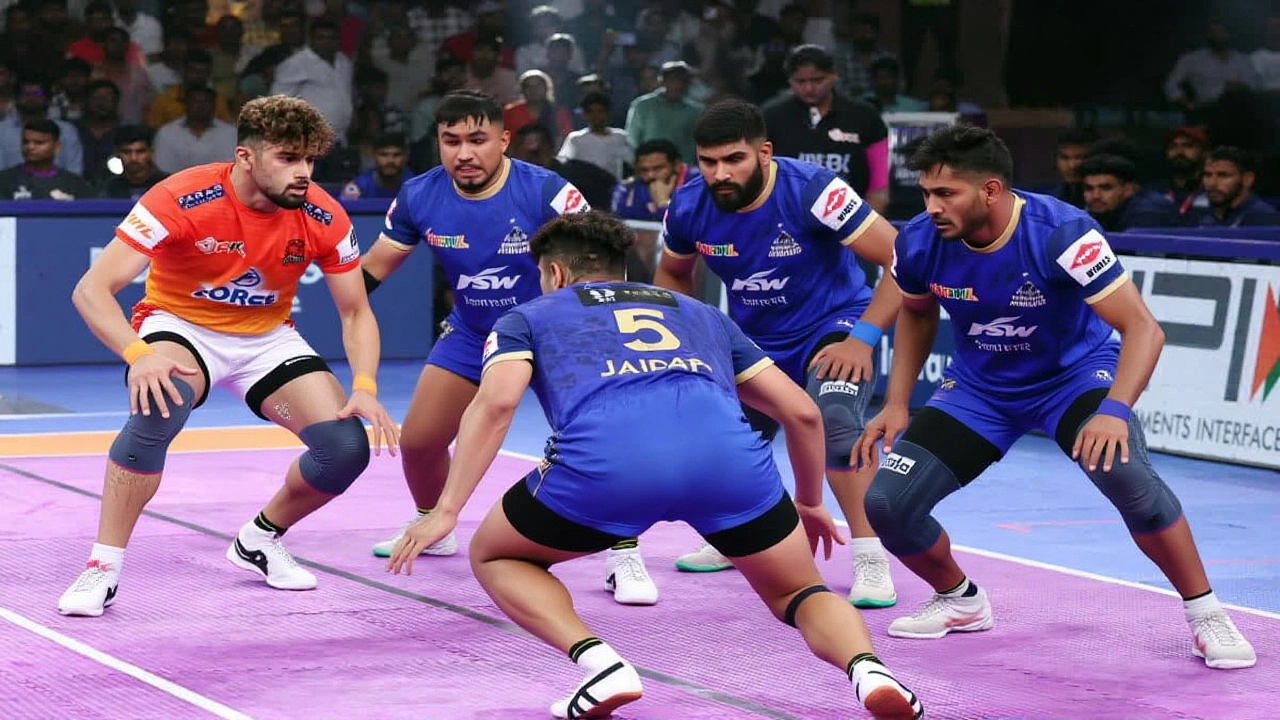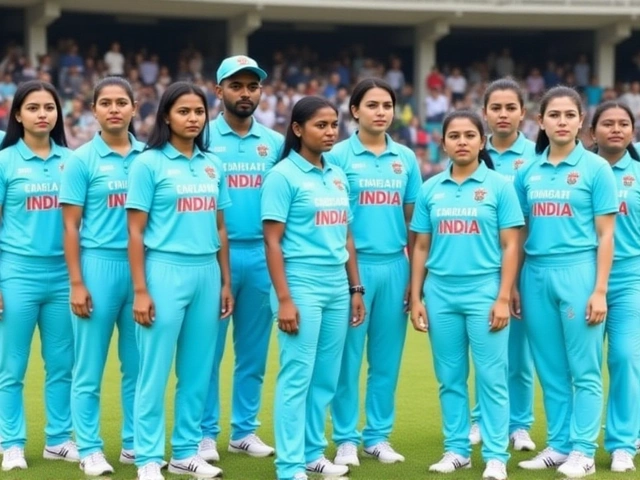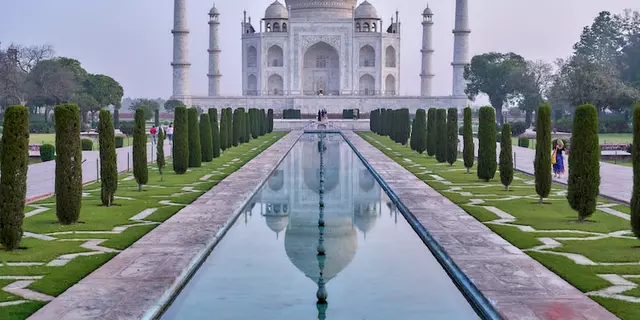Pro Kabaddi League: India's Fast‑Paced Sports Phenomenon
When talking about Pro Kabaddi League, India's premier professional kabaddi competition that blends traditional sport with modern league dynamics. Also known as PKL, it has turned a rural game into a nationwide entertainment event. Alongside the league itself, Kabaddi, a contact team sport featuring raids and tackles provides the core action, while franchise teams, city‑based squads that compete in a season-long schedule give fans local identities to rally behind.
The league encompasses three main pillars: a well‑structured season, a high‑stakes player auction, and a multi‑platform broadcast strategy. First, the season runs from October to March, featuring home and away matches that mirror the format of other Indian leagues like the IPL. Second, the auction brings together top raiders and defenders, turning player valuation into a media event; think of it as the kabaddi equivalent of cricket’s IPL auction. Third, TV rights and streaming deals with channels such as Star Sports and platforms like Disney+ Hotstar expand the league’s reach, influencing fan engagement just as ticketing controversies shape concert experiences (remember the Coldplay ticket queue frenzy?).
Key Players, Teams, and the Fan Experience
Each franchise team, like Bengal Warriors or Patna Pirates, operates under a city‑based brand, hires coaches, and builds a squad through the auction. The teams compete for the coveted title, but they also vie for sponsorships, merchandise sales, and social media followings. The league’s popularity spikes during the "Super 10" phase, when the top ten teams clash in high‑pressure matches. Fans show up in massive numbers at arenas such as the Patliputra Sports Complex, and they also flood online forums, similar to how cricket fans dissect every T20I performance (see the Bangladesh‑Sri Lanka showdown). This blend of live atmosphere and digital buzz creates a 24/7 cycle of content, analysis, and hype.
From a strategic standpoint, success in the Pro Kabaddi League requires a mix of physical skill and tactical planning. Raiding efficiency, measured by successful touches per attempt, is a key attribute, while defensive coordination—often called "chain tackling"—determines how often opponents are stopped. Teams invest in data analytics to track player fatigue, opponent patterns, and even venue-specific factors like mat conditions. This mirrors the data‑driven approaches seen in modern football and cricket, where analytics dictate lineup choices and in‑game adjustments.
Broadcasting and digital presence act as a catalyst for growth. The league’s TV partners negotiate rights fees that directly affect team budgets—higher rights income means more money to spend at auctions. Meanwhile, streaming platforms offer real‑time stats overlays, player mic audio, and interactive polls, deepening viewer involvement. As the league expands its reach, it also spurs ancillary markets: merchandise shops, fantasy leagues, and local kabaddi academies that feed talent into the professional pipeline.
Community outreach is another pillar. Many franchises run school programs, host free training camps, and sponsor local tournaments. This grassroots focus not only discovers new talent but also fuels a loyal fan base that grows with the league each season. The social impact is comparable to how cricket boards launch youth initiatives after major T20 wins, strengthening the sport’s cultural footprint.
Financially, the Pro Kabaddi League operates in a model that balances ticket sales, sponsorships, and media rights. Ticket pricing strategies—early‑bird discounts, family packages, and dynamic pricing for high‑demand games—mirror approaches used by global concert promoters, ensuring stadiums stay full while maximizing revenue. When ticket demand spikes, the league learns from other events (like the Coldplay ticket rush) to improve queuing systems and digital ticket distribution.
Looking ahead, the league is eyeing expansion into new cities, enhanced virtual reality viewing experiences, and deeper integration with fantasy sports platforms. These moves aim to keep the Pro Kabaddi League relevant in a fast‑changing entertainment landscape, just as other Indian sports leagues constantly adapt to audience preferences.
Now that you have the lay of the land—from team structures and auctions to broadcast deals and fan culture—explore the articles below to dive deeper into specific topics, player profiles, match analyses, and behind‑the‑scenes stories that bring the Pro Kabaddi League to life.

Titans Hit Five-Game Streak as Steelers Edge Paltan in PKL Season 12
Titans clinch a historic five‑game streak as Steelers beat Paltan 34‑30 in PKL Season 12, reshaping playoff races across India.




